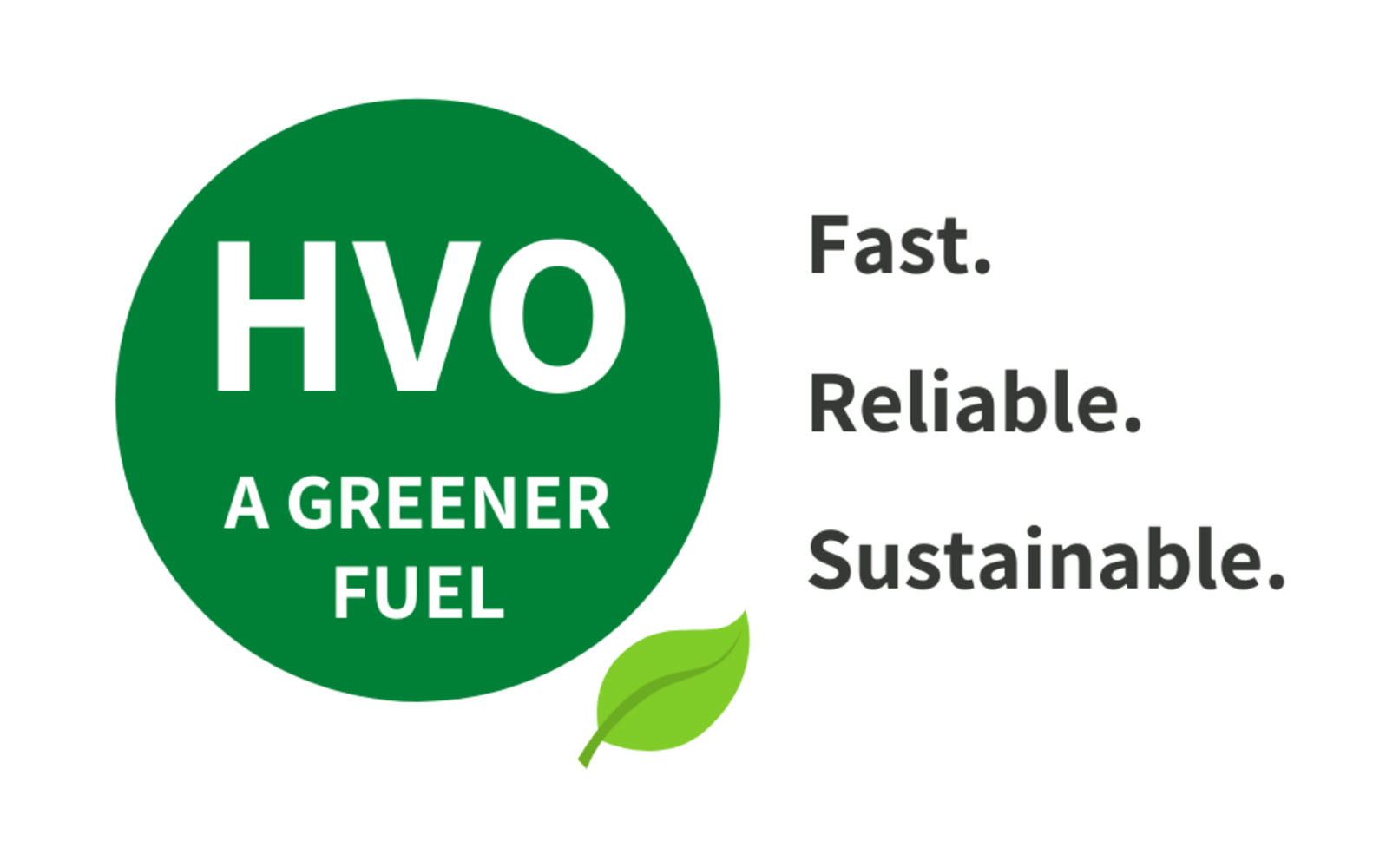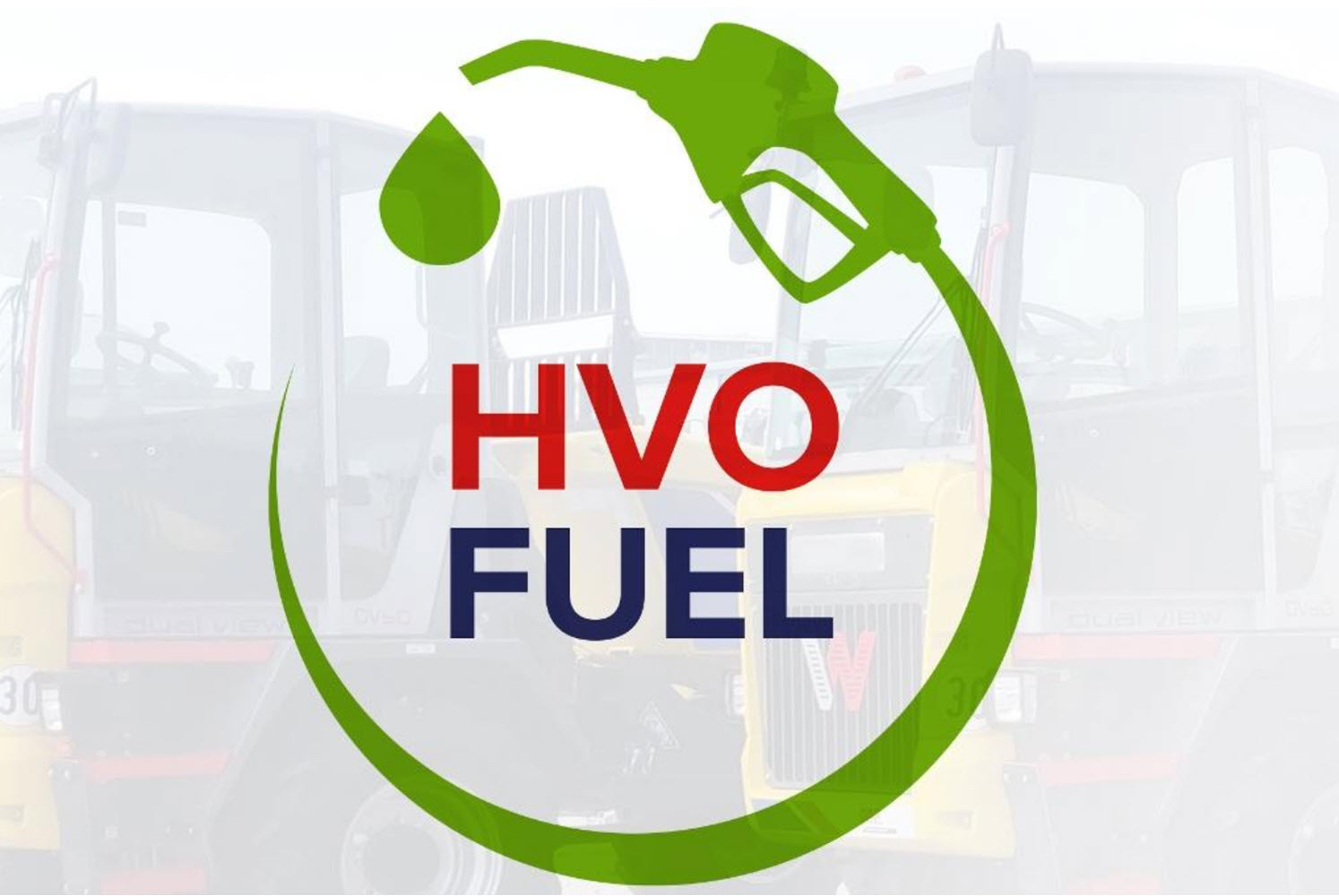Why HVO Fuel Is Not the Best Fossil Diesel Alternative for Business Use in the UK?

If you are familiar with issues of climate change and all, you most definitely know that greenhouse gas emissions are part of the causes of this phenomenon. You therefore hear people talking about reducing carbon footprints on the environment. One of the ways of doing this is by reducing the emission of greenhouse gases.
Fossil diesel or fuel is one of the things that emit greenhouse gases and because of that, there has been a lot of advocacies against its use. People are being advised to switch to alternative products whenever and wherever they can. One of such alternative products is HVO fuel.
In this article, we will help you understand what this is and the difference between HVO fuel and other types of fuels. Meanwhile, you can visit Syntech Biofuel’s Youtube Channel for more details. Furthermore, we will look at whether it is the best fossil diesel alternative for business use in the UK so stay with us.
Understanding HVO Fuel
HVO is the abbreviation for Hydrotreated Vegetable Oil, and it is sometimes referred to as renewable diesel. It is an alternative to mineral diesel that is fossil free and is said to reduce the emission of greenhouse gas by 90%. This alternative is specially made to produce a cleaner/purer burn and significantly lower particulate matter and NOx.
This product is one of the paraffinic fuels in existence. It is a by-product of biofuel which is also known as renewable energy or advanced biofuel that is made from the animal fats or vegetable oils. Unlike the primary biofuels, these raw materials are processed by means of specialized hydro-treatment to achieve a prominent level of purity. This in turn gives the product a long shelf life and enables it to perform optimally all year round.
It is posited that using this alternative can enable businesses to reduce their carbon footprint. In addition, also emissions of operation locally will be reduced.
Why Is HVO Fuel Not the Best Fossil Diesel Alternative for Business Use in the UK?
Having looked at the definition of this alternative to fossil diesel, one may be tempted to believe that it is the best option for everyone /business in every location. However, there are factors that determine whether this option is an excellent choice or not. We will look these factors as follows:
Availability
This fossil free alternative may not be as readily available in the UK as the traditional ones are. This therefore means that a business will have no choice but to work with products that are readily available.
Cost
Following from the above point, a product that is not readily available will also be costlier than one that is. This invariably means that companies will consider the product that does not negatively impact on their bottom line.
Vehicle Compatibility
There are vehicles that cannot be operated with HVO fuel without modifying the vehicle. If a business is using some older versions or models of vehicles with diesel engines, they may not be able to switch to HVO. This is because these upgrades or retrofits are quite expensive. Hence, when they consider the cost, it may not make business sense for the company.
Infrastructure
The infrastructure for using hydrotreated vegetable oil is not as well developed in the UK as infrastructure for conventional diesel. This means that businesses that want to switch over to HVO diesel may have to spend money on getting dispensing equipment and their personal storage.
Environmental Benefits 
Although it is agreed that HVO fuel is more eco-friendly than regular one, the environmental benefit it brings may not be worth spending significant sums to adopt it for use in some businesses. There are other options such as hydrogen and electric vehicles that produces less greenhouse emissions.
Government Policies
Government incentives and policies play especially important roles in whether companies will be willing to adopt alternative ones. Governments such as that of the United Kingdom have been advocating for hydrogen and electric vehicles. This they have done through the development of relevant infrastructure and incentives; this therefore makes those options more appealing to businesses.
Long Term Viability
There is an uncertainty as to how long the use of this renewable fuel will remain viable. This is following from the above point of government policies. Government policies may change in favor of other cleaner options which will be a loss for companies to invest so much in HVO fuel infrastructure and equipment.
Supply Chain Considerations
When businesses are thinking of switching from one product to the other, two significant factors that they consider are logistics and supply chain. They must ensure that the product (in this case hydrotreated vegetable oil fuel) is readily available and easily distributed, to fit in with their operational requirements. We also recommend that you consult experts in the industry such as Syntech Biofuel and others to help you through the consideration process. Their expert opinion will go a long way in helping you conduct an accurate cost benefit analysis.
FAQs about Hydrotreated Vegetable Oil (HVO)
1. What is Hydrotreated Vegetable Oil (HVO)?
Hydrotreated Vegetable Oil (HVO) is a type of renewable diesel fuel. It’s produced from fats and oils, such as vegetable oil, animal fat and waste cooking oil, through a process called hydrotreating.
2. How is HVO produced?
In the hydrotreating process, the fats and oils are heated under high pressure with hydrogen. This removes impurities and oxygen from the feedstock, resulting in a hydrocarbon product that closely resembles traditional diesel fuel.
3. Is HVO a type of biodiesel?
Although both are made from organic matter, HVO and biodiesel are different. Biodiesel is produced through a process called transesterification, which leaves behind glycerin as a byproduct. HVO, on the other hand, undergoes hydrotreating, resulting in a cleaner-burning and more stable fuel.
4. Can I use HVO in my vehicle?
Yes, HVO can be used in most diesel engines without modification. It’s also compatible with existing fuel distribution infrastructure. However, it’s always best to check with your vehicle manufacturer for specific compatibility information.
5. What are the benefits of using HVO as a fuel?
HVO has several advantages over traditional diesel fuel. It burns cleaner, reducing emissions of carbon dioxide, particulates, and nitrogen oxides. It’s also more stable and has a longer shelf life. Furthermore, because it’s made from renewable resources, it’s more sustainable than fossil-based fuels.
6. Is HVO available everywhere?
While the availability of HVO is growing, it’s not yet as widely available as traditional diesel fuel. However, many fuel companies are working to increase its accessibility.
7. How does the use of HVO impact the environment?
The use of HVO significantly reduces greenhouse gas emissions compared to conventional diesel. It’s a more sustainable option as it’s derived from renewable resources, helping to reduce our dependence on fossil fuels.
8. Is HVO more expensive than regular diesel? The cost of HVO can vary. While it may be more expensive than traditional diesel due to the production process, this can be offset by its environmental benefits and potential for lower maintenance costs due to cleaner burning properties.
The cost of HVO can vary. While it may be more expensive than traditional diesel due to the production process, this can be offset by its environmental benefits and potential for lower maintenance costs due to cleaner burning properties.
9. Can HVO be blended with regular diesel?
Yes, HVO can be used as a drop-in replacement for regular diesel or it can be mixed in any ratio. It’s fully compatible with diesel engines and infrastructure.
10. What is the future of HVO?
With growing interest in renewable energy and reducing greenhouse gas emissions, the future of HVO looks promising. As technology improves and production becomes more efficient, it’s expected that HVO will play an increasingly important role in the fuel industry.







